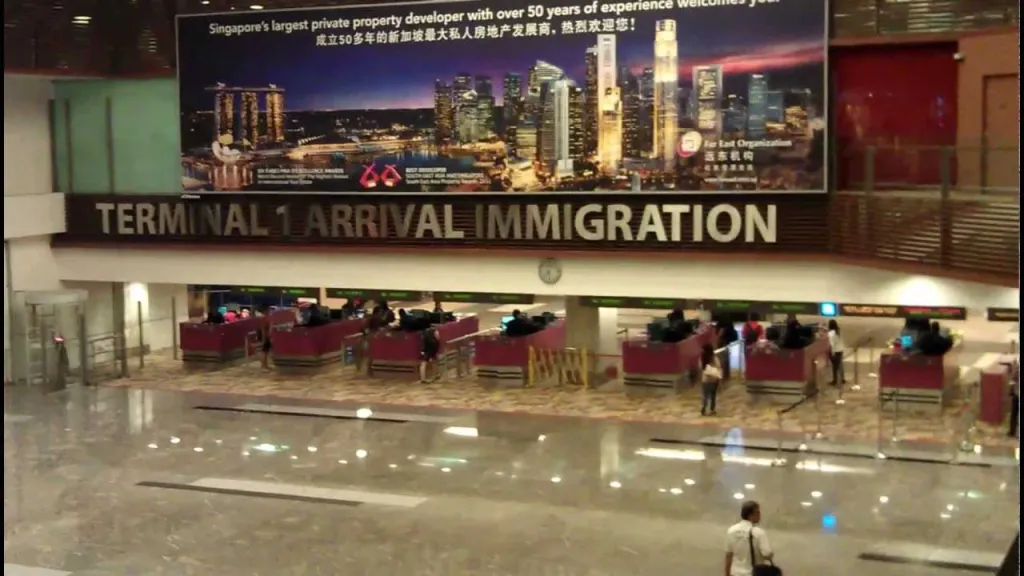Singapore Immigration Will Stop Issuing Departure Endorsements

Get ready for shorter waits when leaving Singapore after your next trip to the island state. Starting 22 April 2019, foreign passport holders leaving Singapore will not have their passports stamped at the immigration counter.
According to a CNA report, the Immigration & Checkpoints Authority of Singapore (ICA) will eliminate the departure endorsements with the objective of speeding up the immigration process, among others.
Also READ: 9 Uniquely-Themed Cruise Vacations You Won’t Be Able To Resist
Before this new ruling, foreigners leaving Singapore would have their passports stamped by immigration officers, however, those eligible to use the automated lanes received none.
Singapore’s move towards smoother traffic at its borders have been improving in the past couple of years.
Six months ago, they launched a new electronic arrival card for foreigners visiting Singapore – visitors would be able to submit their travel information in advance via the ICA website or its mobile app.
Last week, the ICA started using iris and facial images for clearance at the Tuas Checkpoint (the border between Singapore and Malaysia), eliminating the process of presenting passports or thumbprints.
Published at
About Author
Charmaine Acha
Subscribe our Newsletter
Get our weekly tips and travel news!
Related Posts
Latest Posts
India's New Baggage Rules 2026: Higher Duty-Free Limits Explained
Good news for international travelers! India just made customs clearance easier with the new Baggage Rules 2026, effective February 2. You can now bring more stuff home duty-free, and the whole process is going digital.
Europe's tourism landscape is experiencing dramatic transformations in 2026, with Portugal, Spain, Italy, Bulgaria, and the UK dominating international headlines through record-breaking growth, revolutionary travel systems, and strict new regulations resh
5 International Destinations Under ₹50000 in 2026
Explore 5 amazing budget-friendly countries to visit for under ₹50,000 in 2026. Your dream international trip starts here!
7 Countries Visa-Free for Indians in 2026
Explore 7 amazing countries Indians can visit visa-free in 2026! From Thailand to Fiji, plan your next big escape today.
5 Underground Wine Cellars in Nashik To Visit In 2026
Explore Nashik’s best underground wine cellars in 2026. Discover cool barrel rooms, aged vintages, and the secrets of winemaking.

